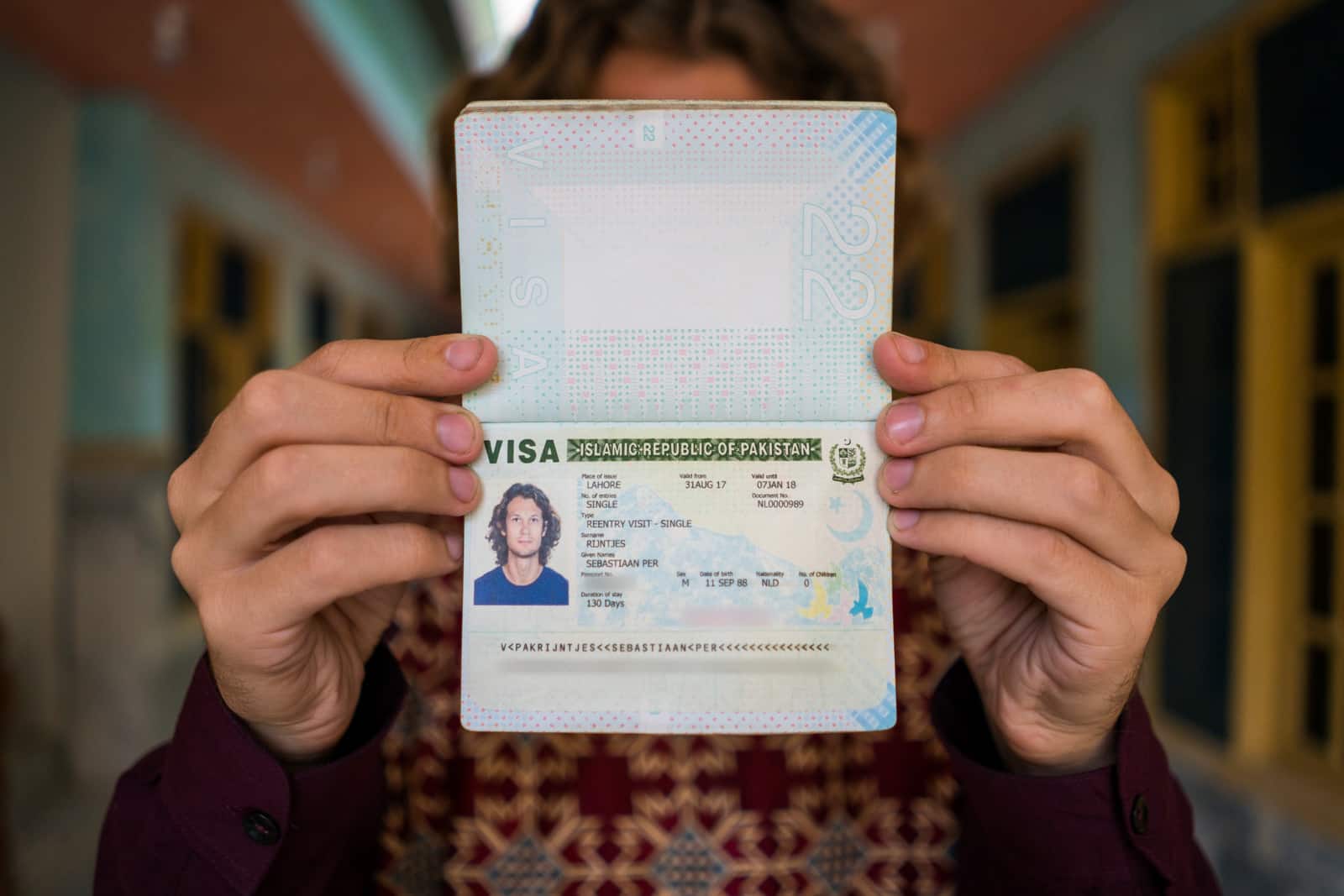Your Facebook, Twitter And Instagram: What Social Media Screening For US Visa Means
One of the primary reasons is to check a user’s travel history. Specifically travel to those countries which are considered to be hotbeds of terrorism.

Visa applicants to the United States will now be required to hand over information of their social media accounts as a part of the updated rules for the visa application process now in place globally. The new US Visa application process rules mean you could be asked to submit social media usernames, for screening of posts made in the past five years. This information would give the US government access to your social media posts, shared photos, tagged locations, important dates and possibly any other data that you may have instead shared on Facebook, Twitter and Instagram, to name a few. This was proposed by the United States Department of State in March, and has now become applicable. This is the newest measure implemented by the President Donald Trump’s Administration to widen the screening process for would-be visa applicants. The new fields that capture this information will be rolled out with the new visa application forms. This will also apply for the non-immigrant visa applications, which is done via the DS-160 online application. The rest of the requirements of the application process remain the same.
Incidentally, during the President Obama’s regime, the State Department had begun asking visa applicants to voluntarily hand over their social media handles with the applications.
“National security is our top priority when adjudicating visa applications, and every prospective traveller and immigrant to the United States undergoes extensive security screening,” the department said in a statement to the Associated Press. “We are constantly working to find mechanisms to improve our screening processes to protect U.S. citizens, while supporting legitimate travel to the United States.”
But the move has been facing criticism ever since it was announced last year. “This attempt to collect a massive amount of information on the social media activity of millions of visa applicants is yet another ineffective and deeply problematic Trump administration plan,” says Hina Shamsi, director of the American Civil Liberties Union’s National Security Project.
At present, the DS-160 application process includes Facebook, Twitter, Instagram, YouTube, Google+, LinkedIn, Pinterest, Sina Weibo, Tencent Weibo, Reddit and Vine, among others.
There is always the fear that this will infringe on the rights of immigrants’ freedom of expression. There can always be a doubt about how any particular post you make may be construed by those screening a visa application. The Trump Administration has maintained that this is to screen for applicants who may have visited high-terrorism regions of the world as a part of their travel history—something that can be skipped either wilfully or mistakenly, in the visa application form.
What happens to "private" profiles. For instance, a lot of Instagram users keep their profile private, which means no one who is not on their friend list can see what they are posting. The same is also applicable in a way for Facebook, for instance. Will the US visa application process expect users to make their profiles public, for screening processes?
Then there is the ambiguity of what the visa officers are looking for, specifically in terms of location tags, photos or posts. Surely they don’t want to know what you had for dinner on a chilly evening last December.
One of the primary reasons is to check a user’s travel history. Specifically travel to those countries which are considered to be hotbeds of terrorism. If such a travel is detected from the social media posts, the visa applicant might be expected to offer an explanation for the purpose of the visit.
Then there is the matter of the type of posts a person is making on social media, which can be an indicator to the ideology. The visa applicants could perhaps argue that some posts can be misunderstood or lost in translation. At this time, the US visa application guidelines don’t offer a clarification on whether visa applicants who are flagged for social media posts, would be asked to put forward an explanation or not.
There is also no clarity on how the authorities will access data from defunct social media accounts, or even the ones that get defunct in the future. The case in point, at the moment, is Google+.
Finally, one can only wonder what the penalty will be, if the information in the visa application form submitted by an applicant doesn't exactly match the timelines on social media.
Till now, extra information such as social media posts were accessed only for visa applicants who were selected for additional screening. President Donald Trump had announced the intention for “vetting” people coming into the US, as far back as in 2017.

Post a Comment